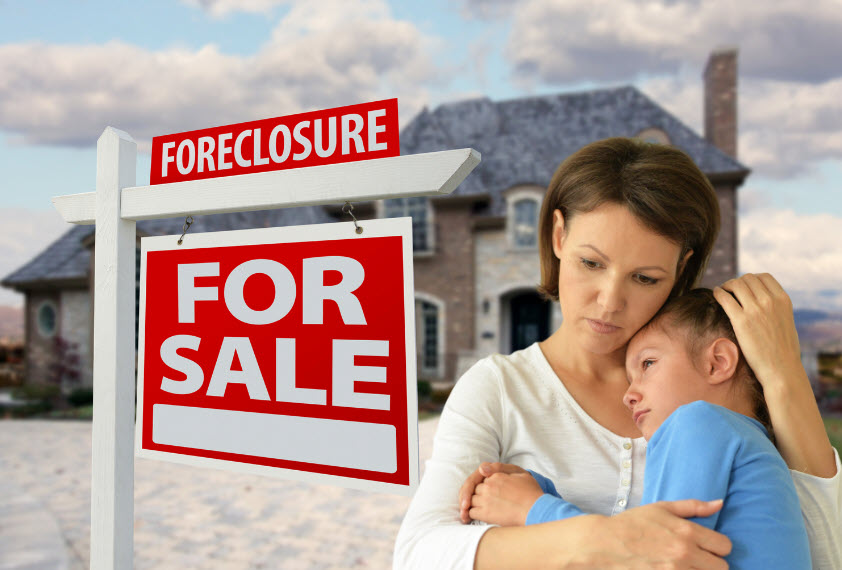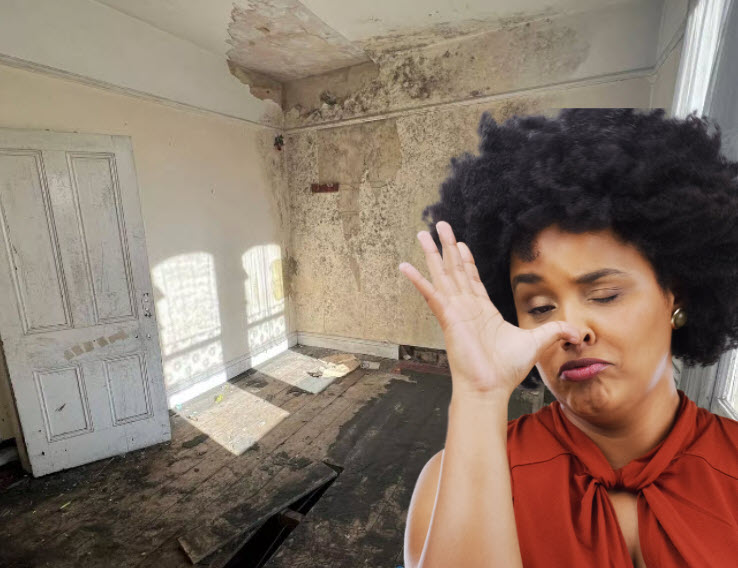Purchasing properties that are under foreclosure is a lucrative opportunity for individuals who want to save or earn money. However, delving deeper into the process reveals several challenges that could jeopardize an investor’s financial well-being. Foreclosure purchases entail potential risks and complications, which, if not handled properly, can result in costly outcomes for the buyer.

An interested home buyer can often secure a discounted price of around 30 to 40 percent below the market value (2019 data) when purchasing a property through non-traditional channels. Although this may appear to be an attractive proposition, it is important to consider the potential risks that come along with such an investment strategy. It cannot be stressed enough how crucial it is for investors to conduct thorough inspections before committing their finances to any deal.
Due Diligence When Shopping for Homes Up for Foreclosure
Without proper due diligence and expert guidance from seasoned professionals, making accurate assessments of properties can become virtually impossible. Houses that have been neglected or poorly maintained over time will likely develop issues that could cause significant problems if not addressed appropriately and on time.
Therefore, taking precautions like engaging professional inspectors to identify hidden faults and other structural deficiencies becomes paramount while evaluating distressed real estate opportunities. Only then will investors get insights into underlying problems they might face after acquiring those assets; hence better equipped to arrive at informed decisions regarding their financial investments while enjoying potentially rewarding returns in these risky yet lucrative sectors! Several homes have even been deliberately sabotaged by the previous resident.
In one instance, a middle-class neighborhood in Las Vegas, Nevada, was dealing with the aftermath of the 2008 housing crisis. One house in the community had foreclosed after the homeowners could no longer afford their mortgage payments. When the bank finally took possession of the property, they found it in disrepair that far exceeded typical neglect. The previous homeowners, upset about losing their property, appeared to have intentionally damaged the home. The hardwood floors had deep scratches and gouges, suggesting someone dragged something heavy across them. Doors were missing, light fixtures were ripped out, and the walls were covered in graffiti. The kitchen was the worst-hit area, with countertops smashed, cabinets ripped from the walls, and appliances missing. In addition, there was extensive damage to the plumbing. It seemed the homeowners had poured a substance like concrete down the drains, which hardened and blocked the pipes completely. These types of damages were vindictive and extremely costly to repair.
The scenario above is a stark reminder of the potential risks of buying foreclosed properties. Prospective buyers must know these possibilities and take necessary precautions, such as thorough inspections and contract contingency clauses, to mitigate risk. Moreover, buyers must also differentiate between “buy-to-live,” “buy-to-rent,” and “buy-to-leave” properties.
What to Look Out for Before Buying a Foreclosed Property
When entering the foreclosure market, investors must acknowledge that foreclosed properties offer substantial discounts and higher risks associated with hidden faults and structural deficiencies. Here are other instances why you should think twice before buying a foreclosed property:
- Condition of the Property: Foreclosed homes often need better conditions. Maintenance may have been neglected, and in some cases, the former owners may have caused damage to the property.
- Limited Inspection: In some foreclosure sales, especially at auction, the buyer may need an opportunity to thoroughly inspect the property before purchasing. This can lead to unexpected repair costs after purchase.
- Complex and Lengthy Process: Buying a foreclosed property can take longer than purchasing a home. The process can be complicated, involving different steps and potentially multiple financial institutions.
- Competition: Foreclosed properties, especially those in good condition and desirable locations, can attract much interest. This can increase the price and make getting the property you want more difficult.
- Legal and Financial Risks: There could be liens on the property, unresolved issues with the title, or legal claims from previous owners or tenants. Additionally, if the property is a condo or part of a homeowners association (HOA), there may be unpaid dues or assessments that the new owner will be responsible for.
- Financing Challenges: Some lenders may hesitate to finance foreclosed properties, particularly if they are in poor condition. This might require the buyer to have significant cash on hand or to secure a special type of loan, like a rehabilitation or hard money loan.
- Emotional Component: This is not a challenge per se but an aspect to consider. Buying a foreclosed home can have an emotional toll, as it often involves a family losing their home due to financial hardships. For example, suppose a family with a loved one with disabilities loses a home when they have invested in wheelchair ramps and other modifications. In that case, it can be heartbreaking to see the property being sold at foreclosure.
- Potential for Vacancy Issues: If the property has been vacant for a long time, it could have issues such as mold, pests, or utility problems.
Remember, while buying a foreclosed property can offer financial benefits, it’s crucial to do thorough research and consider working with professionals familiar with the foreclosure process to help navigate these challenges.
When Looks Can Be Deceiving: Tips for Buying Foreclosed Properties
Purchasing a house at a foreclosure auction is challenging, even for the most seasoned real estate professionals, and it can be especially daunting for those needing more experience and expertise. Although a property may appear attractive in photographs or on paper, appearances can often be deceiving regarding foreclosed homes. In many cases, these properties have been left vacant and neglected for extended periods before being sold at auction – resulting in significant wear and tear that must be addressed before they are livable again.
Unfortunately, the high costs associated with repairs and maintenance could easily negate any financial savings from purchasing such a property. This means that buyers must carefully weigh the potential benefits against the risks involved before deciding – considering immediate repair expenses and ongoing upkeep requirements down the road.

All things considered, buying a foreclosed home requires extensive research into each prospective property’s history and condition to ensure that one is getting good value for money while being fully prepared for the challenges. One of the key challenges associated with buying a foreclosed property is obtaining financing, particularly if the property is in poor condition. In such cases, seeking a special type of loan may be necessary, like a rehabilitation or hard money loan. Another important aspect to consider is the emotional toll that buying a foreclosed home can have. Foreclosure involves a family losing their home due to financial hardships, which can be a heart-wrenching experience. Therefore, it’s essential to approach the process with empathy and a clear understanding of the human impact involved.
Suppose you are considering purchasing a foreclosure property. In that case, conducting thorough research on the current market conditions and understanding the value of comparable homes in your local area is crucial. You can initially take this interactive guide from RealtyTrac to help you decide whether you’re ready to take the plunge in foreclosure properties. In addition, it’s important to work with a qualified and experienced real estate agent specializing in foreclosed properties.
Simply looking at the price tag of a foreclosed home can be misleading, as repairs may need to be factored in before determining its true investment potential. Therefore, considering any necessary renovations or improvements the property requires will give you an accurate understanding of whether investing in a foreclosure home is financially feasible and advantageous. This additional insight into market trends and property values ensures you make informed decisions when navigating this complex real estate landscape.
In conclusion, buying a foreclosure property can be an excellent investment opportunity for those prepared to do their homework and navigate the potential pitfalls. Nonetheless, it remains a decision that requires careful consideration of financial and emotional implications. Before buying foreclosure properties, determine what comparable homes are fetching in the local area. Once repairs have been factored in, it is then possible to determine whether purchasing a foreclosed home represents a viable investment opportunity.

